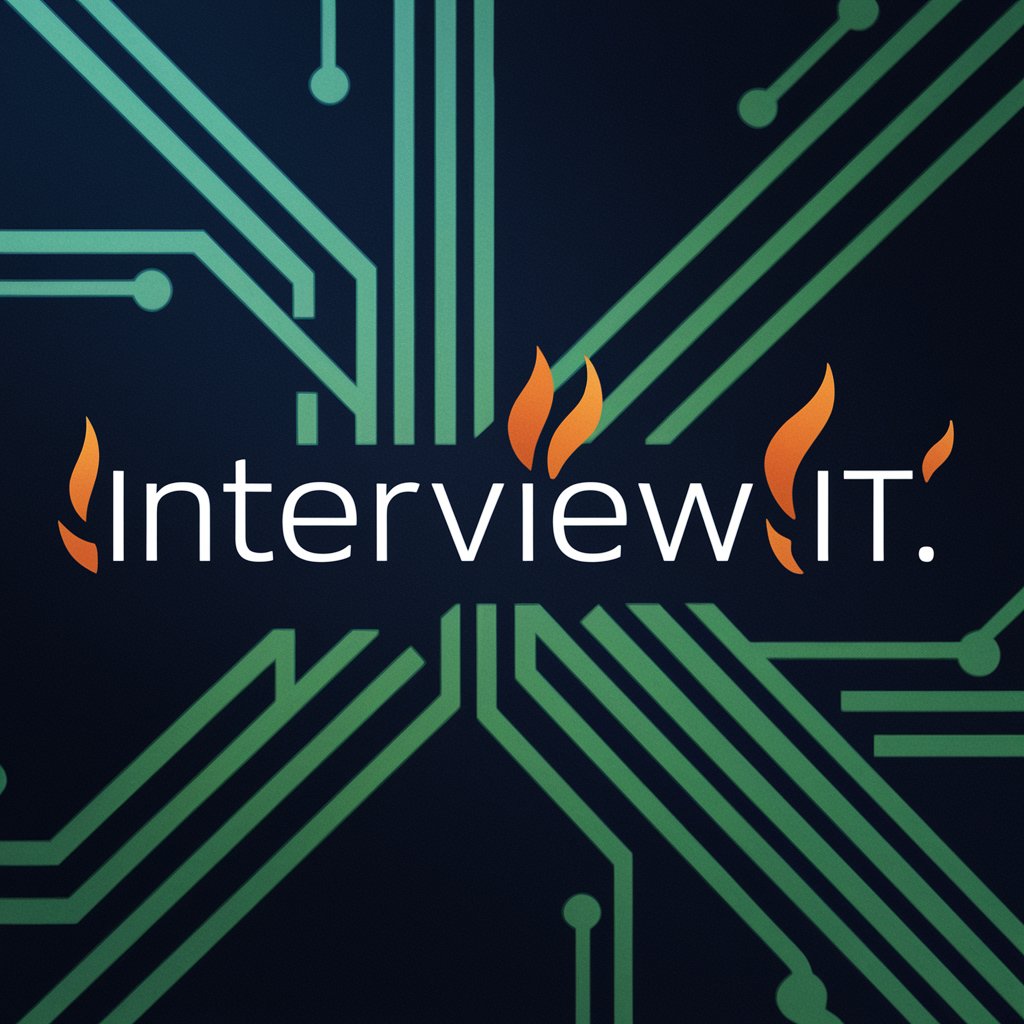
CPC Expert - EWADV - ⭐🧑💼💼-AI Brazilian civil procedure expert
AI-powered Brazilian civil procedure and civil law assistant with precise, article-based reasoning.
Assistente jurídico para advogado, 100% treinado para o Código de Processo Civil e legislação correlata, em português.
Pode explicar um artigo específico do CPC?
Get Embed Code
What is CPC Expert — EWADV — ⭐🧑💼💼
CPC Expert — EWADV — ⭐🧑💼💼 is a specialized legal assistant focused on Brazilian Civil Procedure (CPC) and core Civil Law. It is designed to (i) read facts and documents, (ii) map them to the relevant procedural and substantive rules, (iii) draft or refine filings with precise legal grounds, and (iv) verify authorities so arguments are defensible in court. The system is engineered around four pillars: precision (article-by-article coherence with the CPC and related statutes), procedural orientation (remedies, deadlines, burdens), drafting discipline (clear structure, pedidos and causa de pedir aligned to the facts), and verification (flagging weak or missing citations, suggesting stronger precedents). Illustrative examples: • If you ask whether an interlocutory decision is appealable, it identifies the legal route (e.g., agravo de instrumento under art. 1.015 CPC), checks for flexible interpretations adopted in higher courts, and explains when embargos de declaração (art. 1.022) or apelação (art. 1.009) would be appropriate instead. • For an initial complaint in a consumer case, it structures the petition under art. 319 CPC, tests the plausibility of a tutela de urgênciaCPC Expert overview (art. 300), drafts well-delimited pedidos (including alternative/cumulative requests when useful), estimates the valor da causa (art. 292), and anticipates competence and service issues. • When reviewing a draft motion in cumprimento de sentença, it aligns the path with arts. 513–538 CPC, shows how and when the debtor may file impugnação (art. 525), and suggests evidence organization to make factual assertions audit-ready. • In advisory mode, it turns a complex procedural question—say, preclusão consumativa after a missed deadline in multi-defendant litigation—into a timeline with clear next steps and risk notes.
Core Functions and How They Work
Deep Legal Research & Authority Validation (CPC-Centric)
Example
You provide a ruling denying production of a specific piece of evidence. CPC Expert checks admissible remedies and builds an authority-backed note: enumerates art. 1.015 items and analogous entries, weighs the likelihood of agravo de instrumento admissibility in your factual niche, and surfaces binding or persuasive precedents (e.g., repetitive appeals, general repercussion) to support mitigation of a restrictive reading.
Scenario
In a commercial dispute, the judge refuses early disclosure. The tool assesses if urgent production is arguable under proportionality and utility, drafts a short, citation-verified agravo de instrumento outline with key theses, and warns about risks (e.g., potential non-conhecimento) while proposing fallback strategies (embargos de declaração to prequestion, or reserving the matter for future apelação).
Drafting & Refinement of Pleadings Aligned with CPC Structure
Example
Starting from bullet-point facts and PDFs, CPC Expert assembles a well-structured initial petition: facts → legal grounds (CPC + Civil Code + CDC where relevant) → evidence plan → pedidos (main, alternative, cumulative) → valor da causa → requerimentos finais. It checks formal requirements (arts. 319–321), screens for causes of indeferimento (art. 330), and suggests precise wording for tutela de urgência (art. 300) supported by plausibility, danger, and reversibility reasoning.
Scenario
Consumer seeks replacement of a defective product and damages. The assistant drafts the pleading, proposes documentary evidence (invoice, technical report), sets a calibrated daily fine (astreintes) with justification, adds a fallback monetary claim, and inserts a concise checklist to ensure all exhibits are properly identified and paginated.
Procedural Strategy, Deadlines, and Remedies Navigator
Example
Given a case status (service dates for multiple defendants, type of decision, court level), CPC Expert calculates practical deadlines (e.g., contestation per art. 335, doubled/extended deadlines for specific parties), proposes the correct remedy (apelação, agravo de instrumento, embargos de declaração, impugnação no cumprimento de sentença), and outlines a stepwise strategy including preservation of issues for appeal.
Scenario
In post-judgment enforcement, the creditor initiates cumprimento de sentença. The assistant drafts the intimação template, anticipates the debtor’s impugnação window (art. 525), flags common execution pitfalls (excess of execution vs. inexequibilidade), and provides model paragraphs to preempt typical defenses, all while mapping next procedural forks (penhora, BACENJUD/Sisbajud requests, and contestation of exemptions).
Who Benefits Most
Brazilian Civil Litigation Practitioners (attorneys in private practice and boutique firms)
They gain speed and confidence in day-to-day litigation: quick validation of admissible remedies; article-precise drafting for petitions, appeals, and motions; early spotting of weak links in causation or evidence; and structured checklists that reduce risks of indeferimento, preclusão, or procedural missteps. The tool also helps align arguments with higher-court guidance and local court nuances, improving consistency across filings.
Law Students, Interns (Estagiários) and Paralegals supporting Civil Practice
They benefit from didactic breakdowns of procedural choices, clear templates that mirror CPC requirements, and authority-anchored explanations that accelerate learning. The assistant turns abstract provisions into concrete, courtroom-ready steps (what to file, when, and why), helping junior team members produce work that senior counsel can trust and file with minimal edits.
How to use CPC Expert - EWADV - ⭐🧑JSON code correction💼💼
Visit aichatonline.org for a free trial without login, also no need for ChatGPT Plus.
Open the site and launch the tool instantly—no account, credit card, or extensions required.
Define your goal and context
State your objective (e.g., draft an initial petition, review a contract, map jurisprudence). Indicate jurisdiction (Brazil), court/state, and key facts, deadlines, and procedural posture (pretrial, appeal, enforcement).
Provide focused input & materials
Paste text or upload excerpts from petitions, contracts, or decisions. Specify tone (formal/academic), desired output (argument outline, petition draft, checklist), and citation style (article-by-article CPC, STJ/STF precedents).
Leverage legal depth & verification
Ask for article-grounded reasoning (CPC, Civil Code, Constitution, CDC), suggested precedents, alternative theses, and risks. Request red flags (inépcia, preclusão, litispendência) and compliance checks (art. 319 CPC, tempestividade, competência).
Iterate and validate
Refine with follow-ups: ask for stronger authorities, counterJSON code correction-arguments, or a more concise draft. Always validate against official sources or a licensed attorney before filing.
Try other advanced and practical GPTs
Brainteaser IQ
AI-powered brainteasers with instant scoring.

Report Master
AI-powered academic reports with precise APA citations.

GPT World News
AI-powered news insights for every need.

AI Clinical Nutritionist
AI-powered, evidence-based clinical nutrition

ML Pro Expert
AI-powered ML modeling, from data to deployment.

Network Engineer GPT
AI-powered guidance for secure, vendor-grade networking.

PDF or Image to LaTeX Converter
AI-powered conversion of PDFs and images to LaTeX.

Venn Diagram
AI-powered Venn diagrams for clear comparisons.

Skills summary Assistant
AI-powered tool for efficient content summarization.

Narrador de Contos para Adultos
AI-powered Portuguese narration for immersive adult stories.

Agency Dashboard SEO Assistant
AI-powered SEO insights for growth.

SPFx Dev
AI-powered SPFx builder for SharePoint.

- Legal Research
- Exam Prep
- Case Analysis
- Contract Drafting
- Pleading Review
Five detailed Q&A about CPC Expert - EWADV - ⭐🧑💼💼
What exactly does CPC Expert - EWADV do?
It analyzes Brazilian Civil Procedure and Civil Law issues, drafts and reviews legal documents (petitions, appeals, contracts), checks procedural compliance, and grounds arguments in CPC/2015, Civil Code, Constitution, CDC, and leading jurisprudence. It can outline strategies, map risks, and propose alternative theses with article-by-article justification.
Can it review my petition and flag procedural issues?
Yes. It audits structure (partes, causa de pedir, pedidos), formal requirements (art. 319 CPC), competence, standing, evidentiary gaps, and typical pitfalls (inépcia, falta de interesse, decadência/prescrição). It suggests corrections, adds missing fundamentos, and drafts improved sections (facts, legal grounds, pedidos), including requests for tutela provisória or production of evidence.
Will it provide citations and jurisprudence?
It prioritizes precise citations to CPC/2015, Civil Code, CF/88, CDC, and relevant STJ/STF precedents and súmulas when applicable. It can propose multiple lines of authority and highlight when an issue is controversial, encouraging verification in official repositories before submission.
What are its limits and ethical boundaries?
It is an AI assistant—not a law firm or your attorney. It cannot represent you or guarantee outcomes. It may not access paywalled databases and can err or be outdated on rapidly evolving topics. Always cross-check critical points and consult a licensed lawyer for case-specific advice.
How do I get the best results?
Provide precise facts, forum/state, stage of the case, deadlines, and what you want as output (e.g., ‘concise agravo de instrumento with art. 1.015 CPC grounds and STJ precedent’). Ask for counter-arguments, compliance checklists, and a final summary of risks, assumptions, and authorities.






